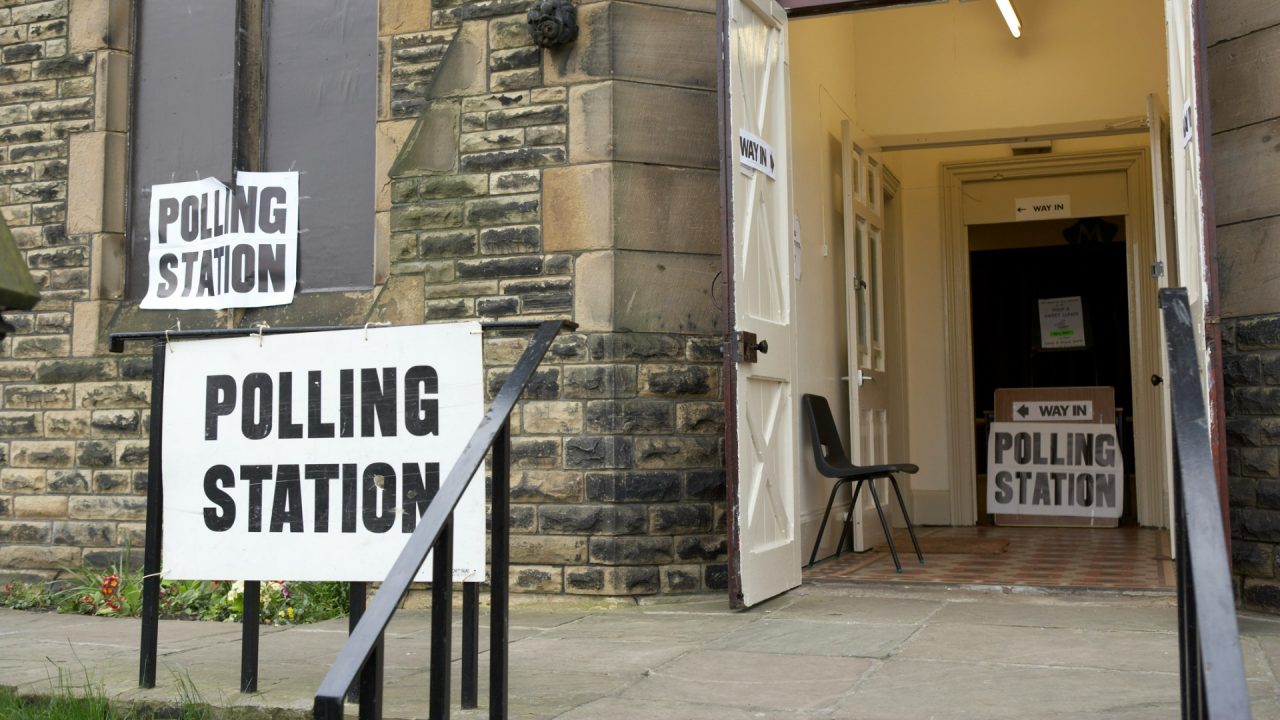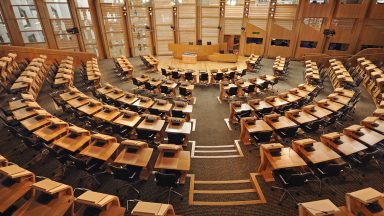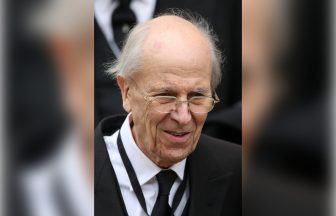A trade union has won a landmark legal case against companies barring employees from standing in elections.
Unison member Polly Jones was dismissed by the Scottish Federation of Housing Associations (SFHA) after she told former bosses she wanted to stand for election in Westminster parliament.
Ms Jones had decided in October 2019 that she would like to put her name forward on a Scottish Labour ticket, to try and get selected as the party’s candidate to fight for the seat of Argyll and Bute at the general election.
However, in an interview with the Herald, she said that after telling the SFHA of her intention to put her name forward to the selection panel, she was told that she would have to make a choice of remaining in her job or standing for election.
She decided not to stand for election as her family were reliant on the financial support from her job – regardless of this decision, she was sacked the following month.
“It was a horrific experience and I felt it was deeply unfair.”
Polly Jones, Unison member
She was legally represented by Unison, who say her case may open the door to many other employees such as civil servants and council officials who may want to stand for election, but whose contracts currently bar them from doing so.
“It was a horrific experience and I felt it was deeply unfair. As it was a pretty normal thing to want to do in the kind of organisations I work for,” Ms Jones said.
She added: “I thought it would all be fine, I hadn’t done anything wrong. My advice is to join a union. You never know when you will need it.”
As she had not worked for the SFHA for at least two years, she did not meet the usual length of service which entitles people to take a case of unfair dismissal.
However, a legal exception exists for people to take a case against their employer if they believe they have been dismissed for their political beliefs.
Her legal team argued that it should be unlawful for an employer to dismiss someone for wanting to stand as a parliamentary candidate as this was a vital democratic role.
The Employment Appeal Tribunal (EAT) ruled that “participation in democracy” is a philosophical belief, and is protected under equality legislation.
“I thought it would all be fine, I hadn’t done anything wrong.”
Polly Jones, Unison member
Ms Jones decided to speak out publicly in a bid to highlight workplace barriers which can face people who hope to become MPs or MSPs and, hopefully encourage under-represented groups to get involved in politics.
She also donated her full settlement amount to three organisations: Unison’s There for You welfare charity, Living Rent Scotland’s tenants’ union, and Refuweegee – a community led charity which welcomes people forced to flee their homes.
She said: “I am delighted my case has wider implications. It protects us all from employers that want to restrict broader political activity outside work whether that’s campaigning, or simply being involved in a political party.
“Three tribunal appearances and three long years later, the Employment Appeal Tribunal (EAT) has determined that my belief in participatory democracy was protected by equality laws.
“I am grateful to Unison and Thompsons Solicitors who provided me with the means to challenge an injustice.”
Karen Osborne, Unison Scotland’s legal officer said: “Unison want to thank Polly for sticking with us. Polly’s case means that if a worker is dismissed or suffers a detriment because they have requested permission to stand for election, or in some other way demonstrated their belief in participatory democracy, they can bring a discrimination claim under the Equality Act as this belief is now a protected belief.”
The union believes Ms Jones’ case will have far reaching consequences, especially in the public sector where many Scottish employees have contracts which could restrict them from taking part in party political activity.
It said that civil servants and local government employees, as well as many in the charitable sector, should now be allowed to stand for election and take part in public political activity.
Ms Jones has set a legal precedent which has opened the door to more candidates, Unison said, who may otherwise have been deterred from standing due to the risk to their employment.
Ms Osborne added: “As highlighted in EAT’s decision, belief in participatory democracy is a belief that relates to a crucial aspect of the form of government exercised in the UK and without adequate engagement by candidates from among the electorate, democracy as a mode of government would lose its legitimacy.”
Helen Forsyth, chair of SFHA, said: “We entirely refute the allegations made by our former employee.
“We chose to settle this case in the interests of making best use of our resources: at a time when our members are facing increasingly serious challenges, it is vital that we are fully focused on supporting them in every way we can.”
Follow STV News on WhatsApp
Scan the QR code on your mobile device for all the latest news from around the country


 iStock
iStock




















